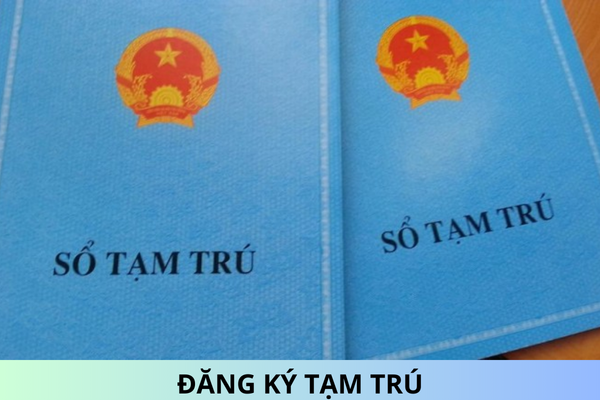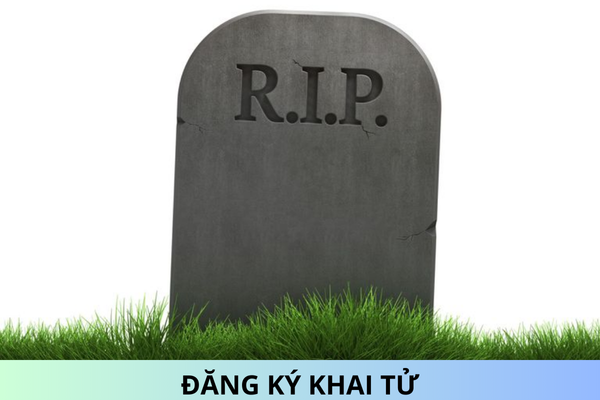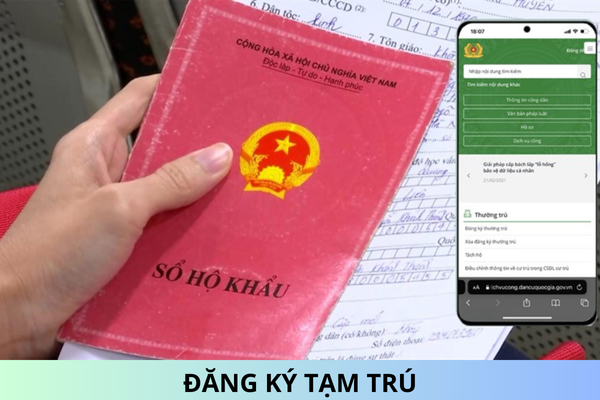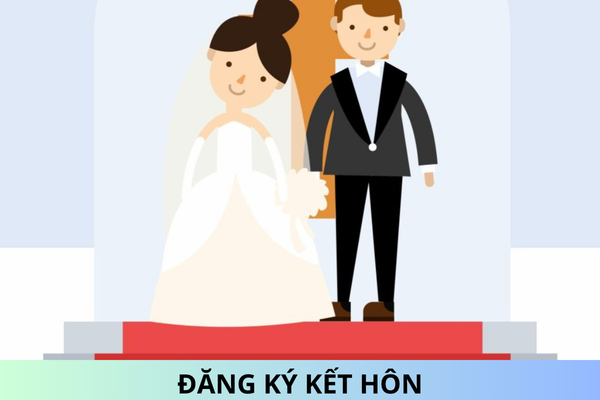When is a Civil Transaction Invalid? What are the Legal Consequences of an Invalid Civil Transaction?
When is a Civil Transaction Invalid?
Article 122 of the Civil Code 2015 stipulates the invalidity of civil transactions as follows:
Invalidity of Civil Transactions
A civil transaction lacking any of the conditions specified in Article 117 of this Code is invalid, except in cases where this Code provides otherwise.
Thus, a civil transaction is invalid when it does not meet one of the following conditions, except where the Civil Code 2015 provides otherwise. To be specific:
- The subjects have civil legal capacity, civil act capacity appropriate for establishing the civil transaction.- The participants in the civil transaction are completely voluntary.- The purpose and content of the civil transaction do not violate the prohibition of the law and are not contrary to social ethics.
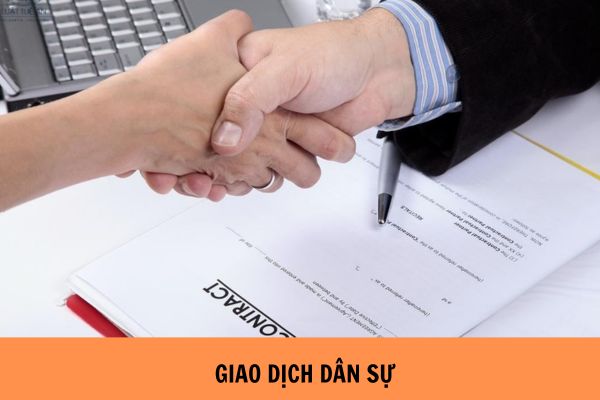
When is a civil transaction invalid? What are the legal consequences of an invalid civil transaction? (Image from the Internet)
What are the Legal Consequences of an Invalid Civil Transaction?
Article 131 of the Civil Code 2015 specifies the legal consequences of invalid civil transactions as follows:
Legal Consequences of Invalid Civil Transactions
An invalid civil transaction does not give rise to, alter, or terminate the civil rights and obligations of the parties from the time the transaction was established.
When a civil transaction is invalid, the parties will revert to their initial state and return to each other what they have received.
If it is impossible to return in kind, the value shall be returned in cash.
A bona fide party in the acquisition of profits and interests does not have to return those profits and interests.
The party at fault causing the damage must compensate.
The settlement of consequences of invalid civil transactions related to personal rights shall be governed by this Code and other relevant laws.
The legal consequences of an invalid civil transaction are:
- An invalid civil transaction does not give rise to, alter, or terminate the civil rights and obligations of the parties from the time the transaction was established.- When a civil transaction is invalid, the parties revert to their initial states and return to each other what they have received. If it is impossible to return in kind, the value shall be returned in cash.- A bona fide party in the acquisition of profits and interests does not have to return those profits and interests.- The party at fault causing the damage must compensate.
What Forms can a Civil Transaction Take?
Article 119 of the Civil Code 2015 stipulates the forms of civil transactions as follows:
Forms of Civil Transactions
1. Civil transactions can be expressed verbally, in writing, or through specific actions.
Civil transactions via electronic means in the form of data messages as per the law on electronic transactions are considered written transactions.
- Where the law stipulates that a civil transaction must be in writing with notarization, certification, or registration, that regulation must be followed.
According to this stipulation, civil transactions can be expressed in the following forms:
- Verbally.- In writing.- Through specific actions.
Additionally, civil transactions via electronic means in the form of data messages under the law on electronic transactions are considered written transactions.
What Rights are Protected for Bona Fide Third Parties?
Article 133 of the Civil Code 2015 stipulates the protection of the rights of bona fide third parties when civil transactions are invalid as follows:
Protection of Bona Fide Third Parties When Civil Transactions are Invalid
In cases where a civil transaction is invalid but the subject matter of the transaction, which is an unregistrable asset, has been transferred to a bona fide third party, the transaction established and performed with the third party remains effective, except as provided in Article 167 of this Code.
In cases where a civil transaction is invalid but the asset has been registered with a competent state authority and subsequently transferred through another civil transaction to a bona fide third party who, based on the registration, establishes and performs the transaction, that transaction is not invalid.
In cases where the asset must be registered but has not been registered with a competent state authority, the civil transaction with the third party is invalid, except when the bona fide third party acquires this asset through auction at a competent organization or transactions with persons who are deemed the owners of the asset by a legal judgment, decision, which are later invalidated or amended.
- The owner cannot reclaim the asset from the bona fide third party if the civil transaction with this third party is not invalid as specified in clause 2 of this Article but retains the right to claim reasonable expenses and damages from the party at fault that led to the transaction with the third party.
Thus, the protection of the rights for bona fide third parties is specifically stipulated as:
- If the transaction involves an unregistrable asset, it is not invalid unless:+ The asset is obtained from a gratuitous contract with a person without the authority to dispose of the asset.+ The asset is possessed without the owner's will.- If the asset must be registered but has not been registered, it must meet one of the following conditions:+ The asset must be obtained by the bona fide third party through legitimate auction.+ The asset is obtained from a person who loses the right of disposition due to a revoked or amended judgment by a competent authority.- The asset owner cannot reclaim the asset from the bona fide third party if the civil transaction with the third party is not invalid, though they may claim reasonable expenses and damages from the at-fault party that led to the transaction with the third party.
